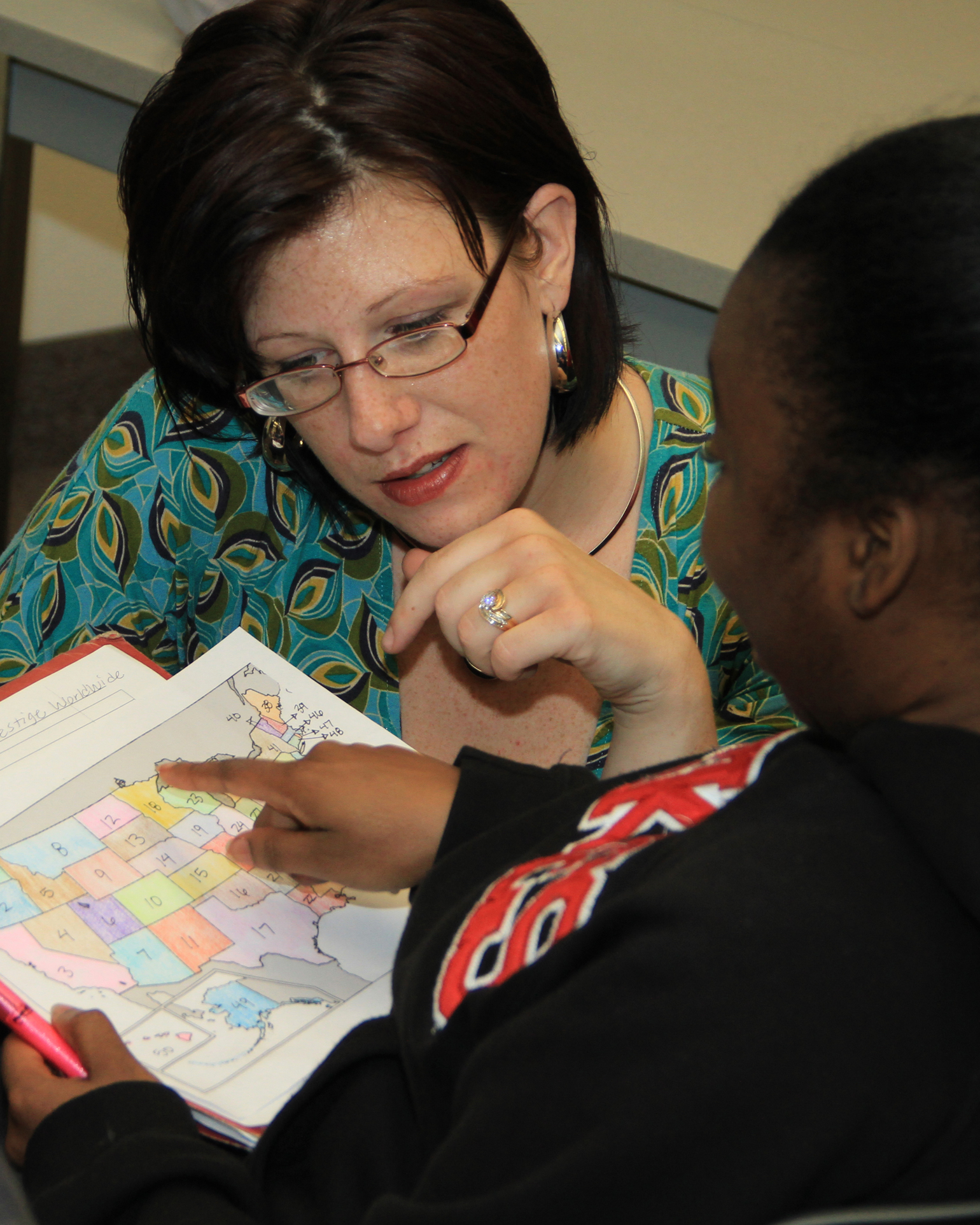The Chronicle Vitae: There’s No Such Thing as Asynchronous Teaching
The Chronicle of Higher Education Vitae Columnist Nicole Matos published an insightful and interesting post on teacher presence (presence, timeliness, and responsiveness) in online courses. You can view the full post, but here I will list her main suggestions:
- Online teaching should be “just-in-time” teaching. Instructors need to be every bit as mindful of timeliness and urgency in an online course as they are in a face-to-face classroom, and maybe even more so. In a traditional classroom, you wouldn’t normally answer a student’s question with, “I’ll get back to you on that in a few days,” or worse, with a sort of blank, unreadable stare (“Did the professor hear me? Do I even exist?”). But that is the impression created when you fail to respond to emails in a timely manner or leave essays sitting unattended in an online folder. Does that mean online instructors need to be on call 24-7? No. It is perfectly acceptable to maintain business hours, or to set your own quirky hours, so long as you communicate those time limits to your students.
-
Remember to both look forward and gesture back. Because different course materials are often sequestered in different folders or on different screens, it is important for online instructors to consciously build bridges between past, present, and future information. To that end:
- I frequently provide quick-and-dirty summaries of past topics, both for reinforcement and review: “Discussion so far looks great! We have been talking about such things as why literature is more like biology than you would think, about the Rhetorical Triangle, and about the differences between literary, pragmatic, and pleasure reading.”
- Then I might connect that content to new material: “Both the broad question of how you ‘dissect’ a literary text and the interactions of the Rhetorical Triangle lead directly into our reading for Thursday, where we will consider different modes of literary criticism.”
- Finally, I might suggest ways to integrate old and new content: “Does it make sense to attempt to map the different schools of literary criticism against the Rhetorical Triangle? That’s an experiment I’ll urge you to try in our next discussion.”
- Standardize your course schedule. With students checking in at various points, it is up to the teacher to create some moments of unified class time. In online courses, students are generally free to take advantage of looser scheduling, completing assignments on Monday and Wednesday one week, and on Tuesday and Thursday another week. But I strongly recommend that you not take the same liberties in structuring your due dates or grading. I have seen online courses in which due dates were rotated on three-day, four-day, and five-day cycles, to the confusion of all.Instead, I standardize my due dates — discussion posts are due on Tuesdays and Thursdays, all other projects on Fridays by noon, for example… I am as explicit as possible about when exactly I’ll be doing my grading: “I expect to be grading these assignments on Sunday afternoon, so look for my responses then.” If I have to vary my schedule, I announce the change: “I’m a little behind, but will be completing this round of grading on Monday between 1 p.m. and 5 p.m.” Such small courtesies matter an extraordinary amount to online students.


